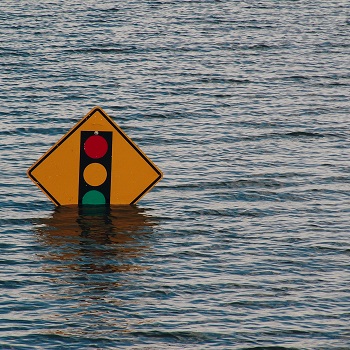Bilateral Deals Will Open up EU Trade
Eighteen months ago, when the world economy seemed on the brink of collapse, one of the biggest fears was that economic depression would trigger a global wave of protectionism. So it’s all the more surprising that Europe is busily working on new trade treaties. The EU is on the brink of finalising a major free trade agreement (FTA) with South Korea, has opened negotiations with Vietnam and Singapore and is aiming to conclude a deal with India by next October.
Bilateral agreements are being forged at the same time as global trade negotiations are blocked. The Doha Round seems completely becalmed, and unlikely to move as long as President Obama remains domestically on the defensive. There was some tut-tutting in Brussels when the US president announced a target of doubling of US exports, rather than a doubling of trade – but you can see his problem! Still, there is a G-20 commitment to finalise Doha by the end of 2010.
All the planned bilateral deals are giving the EU’s trade commissioner Karel de Gucht a busy year. His trip round the Asian countries earlier this month seems to have been highly productive. He returned home with an agreement to launch an FTA with Vietnam, the start of bilateral talks with Singapore and a “new impetus” for negotiations with India.
It certainly makes sense to strengthen trade relationships with these dynamic economies, but of course there will be resistance from some of Europe’s industrial players, for instance Europe’s automobile, textile and footwear industries, and no doubt from others who are concerned about the environmental or social aspects of potential deals.
The new elephant in the room is the European Parliament, newly empowered by the Lisbon Treaty as co-decider on international agreements. MEPs will want a big say in the negotiating process and will be no push-over in ratifying free trade agreements – see the letter from Vital Moreira, Chair of the EP Committee on International Trade.
As Commissioner de Gucht has said, putting the parliament on equal terms with the Council “will change the political environment and will also probably change my life”.
As a former MEP de Gucht knows the kind of problems to expect. For instance could the EU-South Korea FTA, which was initialled last October, be blocked by the Parliament because the death penalty has not been formally abolished in South Korea, or because public procurement liberalisation does not cover rail transport, where Alstom and others are facing discrimination in the Korean market?
The Koreans hope the deal will be signed off by the end of April. Wishful thinking, perhaps.
The economic impact of these EU-Asian FTAs is potentially enormous. With South Korea, for instance, whose EU trade in 2008 amounted to €65 billion, 97 per cent of tariffs would be abolished within three years, amounting to €1.6 billion saving for EU exporters. Both goods and services would be covered by the agreement, with clothing, luxury goods, drinks, legal and financial services, pharmaceuticals, advanced engineering and low carbon technologies all expected to benefit.
A judicial dispute settlement mechanism would also be introduced.
As for other bilateral partners, EU-Vietnam trade amounted to €12 billion in 2008 and EU-Singapore trade to €55 billion. An agreement with India would be the biggest prize of all. The aim is to double bilateral trade to €150 billion dollars annually over the four years following a free trade deal.
If these agreements can be negotiated, ratified and implemented in the time scales envisaged it will be a major achievement for the new Commission and demonstrate a welcome resilience in Europe’s abilities to resist protectionism even in difficult times.
Find Out More
-
Why Europe needs a water resilience strategy
February 8, 2024
-
Why the EU can’t risk failure at COP27
November 4, 2022


